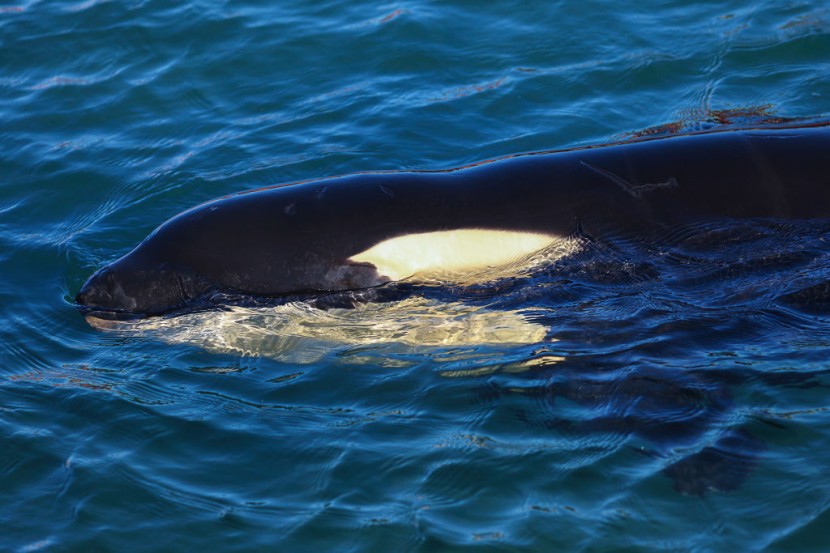
Lolita, the killer whale also known as Toki, captured hearts and stirred controversy during her five decades in captivity.
Her recent passing, just as plans were underway to return her to her native waters, has prompted reflection on her life, her struggles, and the larger issues surrounding the captivity of marine mammals, as per CBS News.
Captive Orca's Life and Legacy
Lolita's life began in August 1970 when she was captured in Puget Sound, Seattle, at the tender age of four. She was subsequently sold to the Miami Seaquarium, where she became a prominent attraction.
Over the years, Lolita's captivity sparked controversy and garnered attention from animal rights groups and advocates for her release into the wild.
The Miami Seaquarium announced Lolita's passing on social media, attributing her death to a suspected renal condition. The news came at a pivotal moment, as efforts were being made to transition her back to her home waters in the Pacific Northwest.
Animal rights groups, including the non-profit Friends of Lolita, had long called for her release, arguing that her tank was inadequate and her social isolation detrimental.
For years, organizations and activists campaigned for Lolita's release into a protected cove sea pen, where she could reacclimate to the open ocean.
In a significant development, a binding agreement was reached between The Dolphin Company (the seaquarium's owner) and Friends of Lolita, outlining plans to return her to the Pacific Northwest, according to the Daily Mail.
Miami Seaquarium Whale's Captivity Sparked Criticism
This initiative gained support from the Lummi Nation, a Native American tribe, which left a totem pole as a symbolic gesture in 2018. Lolita's captivity raised ethical concerns about the treatment of marine mammals in entertainment venues.
Her tank, measuring only 80 feet in length and 35 feet in width, was deemed too small for a creature of her size and nature. Tragically, Lolita's companion Hugo, with whom she shared the tank for ten years, died from an aneurysm linked to head trauma, leaving Lolita isolated and earning her the moniker of the "world's loneliest whale."
The plight of Lolita echoed the story of Keiko, the orca that inspired the film "Free Willy." Keiko's eventual release back into the wild showcased the potential for rehabilitating captive marine mammals.
While the transition is complex and demanding, it offers a glimpse of hope for other captive animals. In the case of Lolita, the estimated cost of her transfer was upwards of $20 million, a significant investment that demonstrates the multifaceted challenges of setting marine creatures free.
Lolita's passing reminds us of the need for continued advocacy and reform in the treatment of marine animals held in captivity. Her life and the efforts to free her have highlighted the importance of raising awareness about the living conditions of such creatures. As the world mourns her passing, it also recognizes the critical importance of creating sustainable and ethical habitats for marine life.
Lolita's journey from the oceans to captivity, and ultimately to a renewed call for her release, has prompted discussions about the ethics of marine mammal captivity and the significance of conservation efforts.
While her story has come to an end, the legacy of her life will continue to inspire advocates and organizations to work towards a more compassionate and responsible approach to the treatment of marine animals, emphasizing their well-being and the preservation of their natural habitats, USA Today reported
© 2025 HNGN, All rights reserved. Do not reproduce without permission.








